Key Points
- Some countries follow an unwritten or uncodified constitution made up of laws, traditions, and court rulings instead of one single document.
- These include the United Kingdom, San Marino, New Zealand, Canada, Sweden, and Israel.
- They show that a nation can still function smoothly and uphold democracy without having a single written constitution.
Countries without constitution: When we think of a country’s constitution, we often imagine one big document that clearly lays out the nation’s laws, rights, and government structure, like the U.S. Constitution. But the twist is that not every country follows this model. Some countries don’t have a single, written constitution. Instead, they rely on a collection of laws, traditions, and principles that together form what’s known as an ‘uncodified’ or ‘unwritten constitution’.
The term unwritten is a bit misleading, though; it doesn’t mean these countries have nothing written down. It simply means their constitution isn’t compiled into one enforceable document. These nations follow a mix of legal documents, court rulings, and age-old customs to run their governments smoothly. Currently, six countries are known to have such an unwritten constitution.
Check out:7 Poorest Countries in Europe by GDP PPP in 2025: Check List!
List of Countries with an Unwritten Constitution
Here is the list of countries that have an unwritten constitution:
| Country | Year Established |
| United Kingdom | 1215 |
| San Marino | 1600 |
| New Zealand | 1840 |
| Canada | 1867 |
| Sweden | 1810 |
| Israel | 1950 |
1. United Kingdom
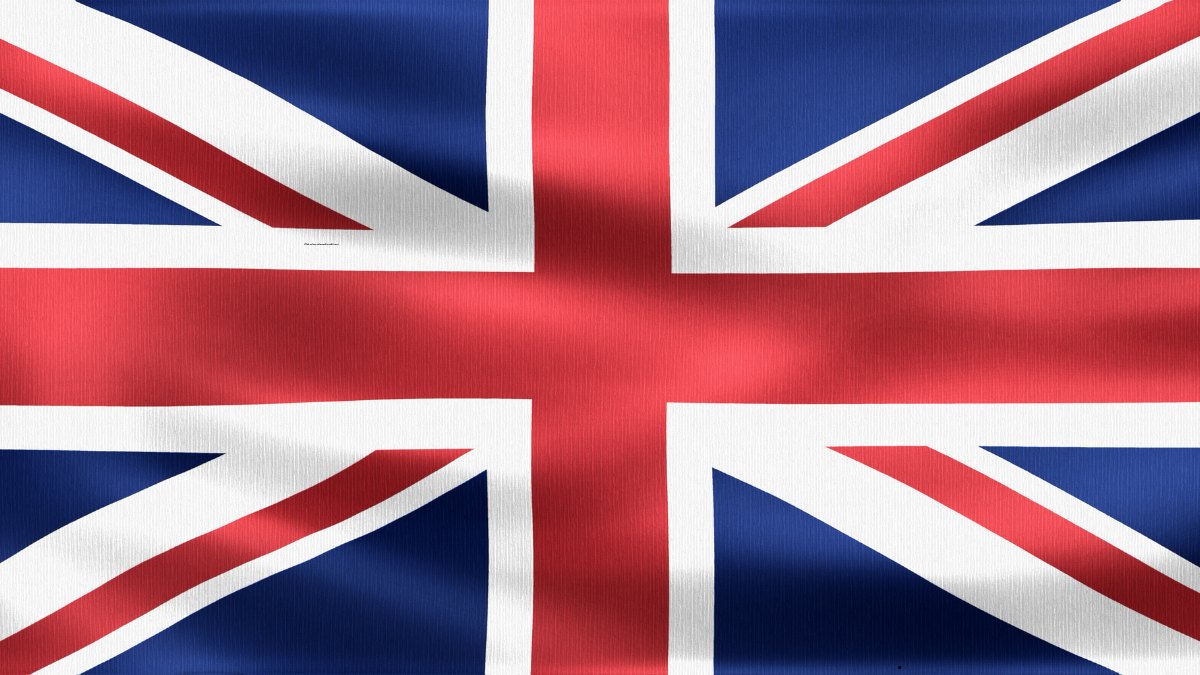
The United Kingdom's constitution is unique because it is not contained in a single document, but is instead an ever-evolving set of written and unwritten rules. Its history dates back to 1215 with the Magna Carta, which first limited the power of the monarchy. Today, the constitution is a mix of Acts passed by Parliament (the written laws), key decisions made in courts, and long-standing political conventions (the unwritten traditions). This entire system is fundamentally based on three main principles: Parliamentary Sovereignty, meaning Parliament holds supreme legal power; the Rule of Law, which ensures everyone, including the government, is subject to the law; and these constitutional conventions, which guide how government officials and institutions operate in practice.
2. San Marino
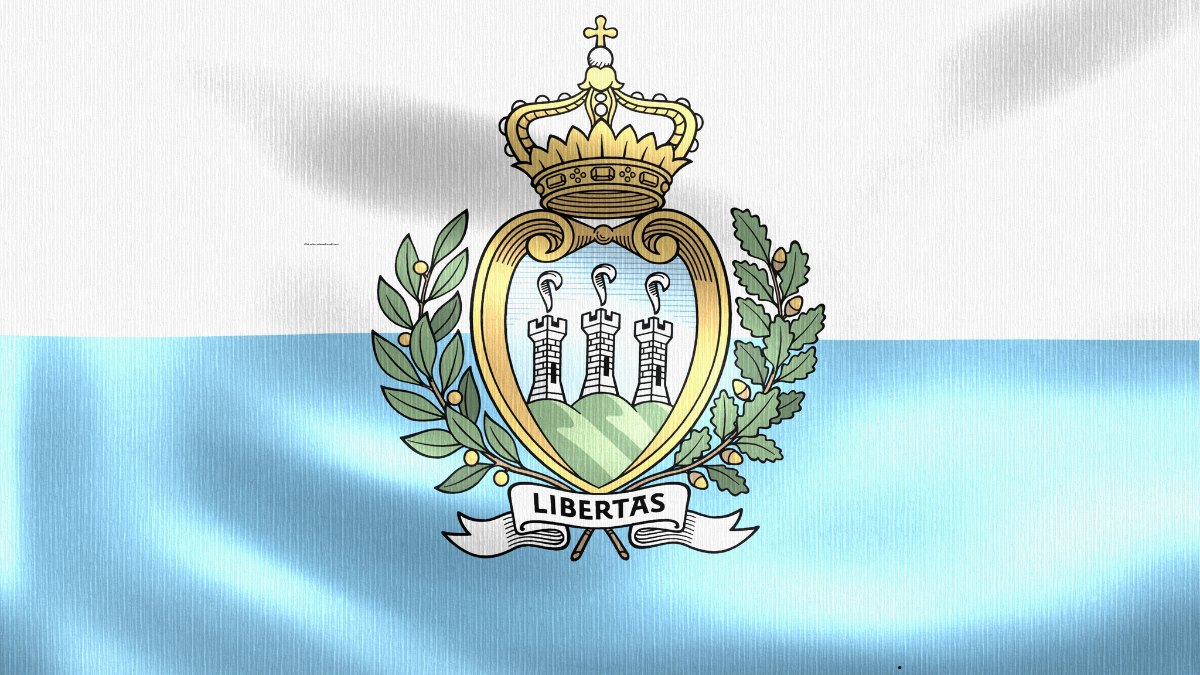
San Marino has one of the world's oldest constitutions, which is considered largely unwritten because it is made up of various ancient documents and traditions dating back to the 1300s, officially formalized by the Statutes of 1600. Although rooted in medieval customs, this unique system is not static, as it has been updated with modern laws, most importantly the Declaration of Citizen Rights in 1974 and 2002. This blend allows the tiny republic to govern itself using a flexible structure that successfully combines centuries-old traditions with contemporary legal protections, demonstrating how deep history can still shape modern governance.
3. New Zealand
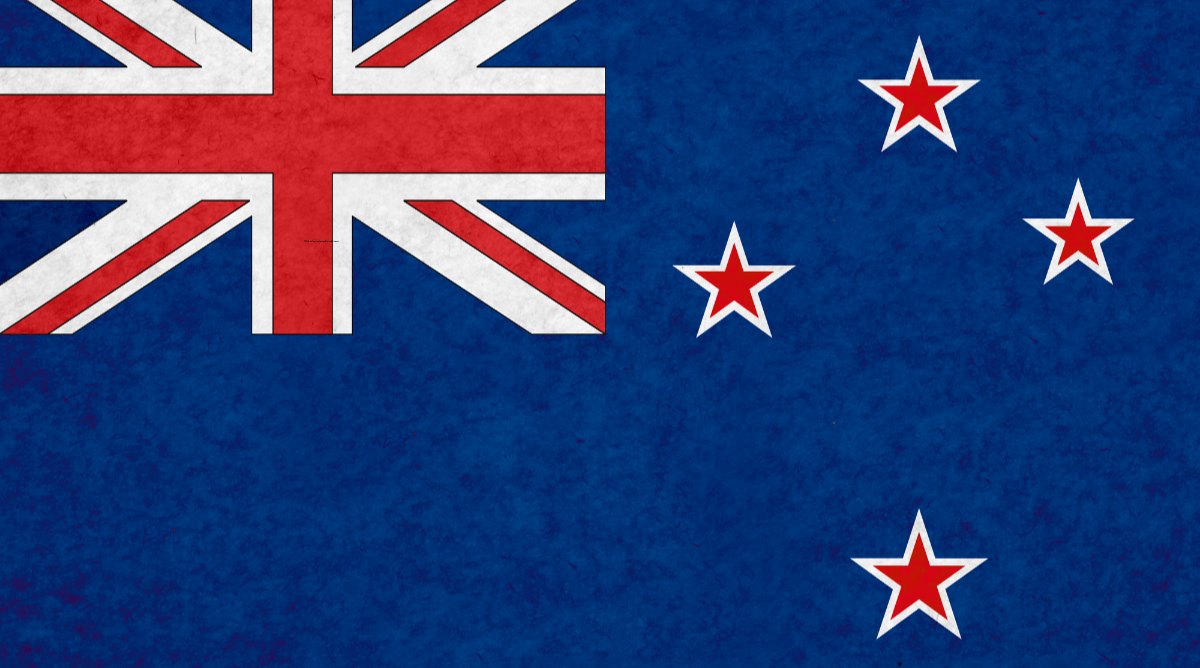
New Zealand's constitution is often called "unwritten" because, like the UK, it isn't contained in one single, supreme rulebook; instead, it's a collection of sources that govern the country. The most important feature is Parliamentary Sovereignty, which means the elected Parliament has the ultimate power to make or change any law, and the courts cannot strike down an Act of Parliament, this is why constitutional rules are changed simply by passing an ordinary Act, unlike in the US. The system is built on key documents like the Constitution Act 1986, which outlines the powers of the Sovereign, the Executive, and the Judiciary, and the Treaty of Waitangi (1840), the founding agreement between the Crown and Māori chiefs, whose principles have become an increasingly important guide for modern legislation and the relationship between the government and Māori people.
4. Canada
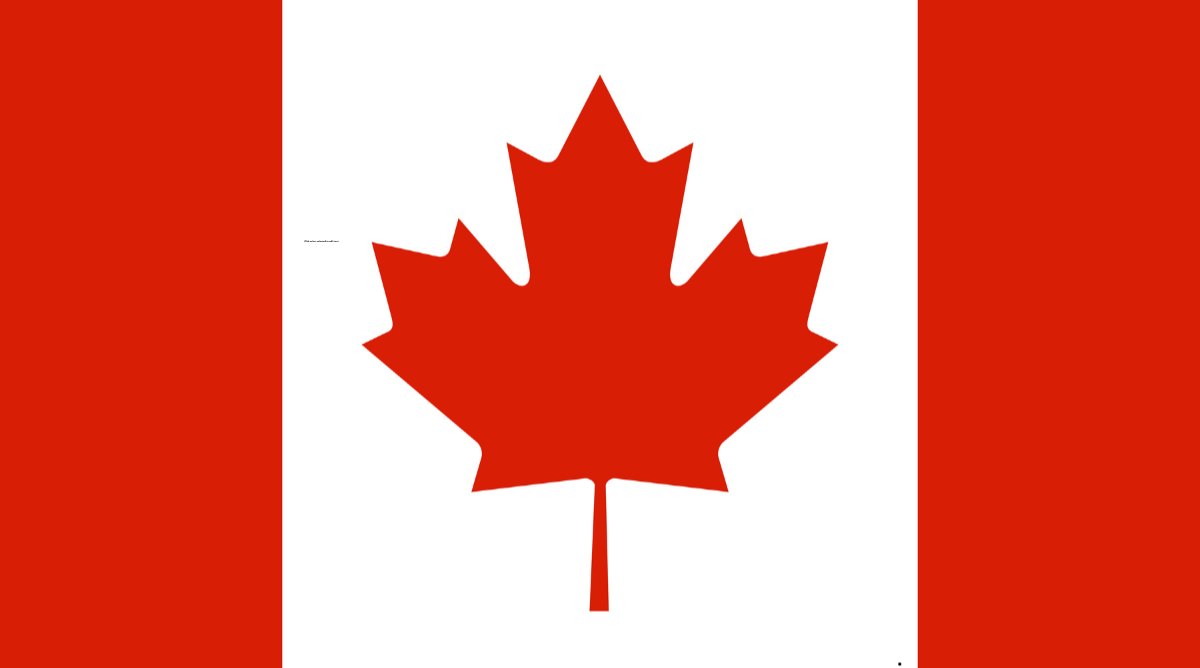
Canada's constitution is like a library of rules rather than a single book, built primarily around two main pieces of legislation. The foundation is the Constitution Act, 1867 (originally the British North America Act), which created the country and set up its system of government, dividing power between the federal and provincial governments. The more modern part is the Constitution Act, 1982, which is crucial because it includes the Canadian Charter of Rights and Freedoms, a powerful section that guarantees fundamental rights and freedoms to all citizens and places legal limits on the government's power. Alongside these written documents, Canada relies on unwritten conventions (long-standing political traditions) and treaties, all of which are interpreted by the Supreme Court of Canada. The Supreme Court plays a vital role in checking that all laws respect the Charter and that the different parts of the constitution work together.
5. Sweden
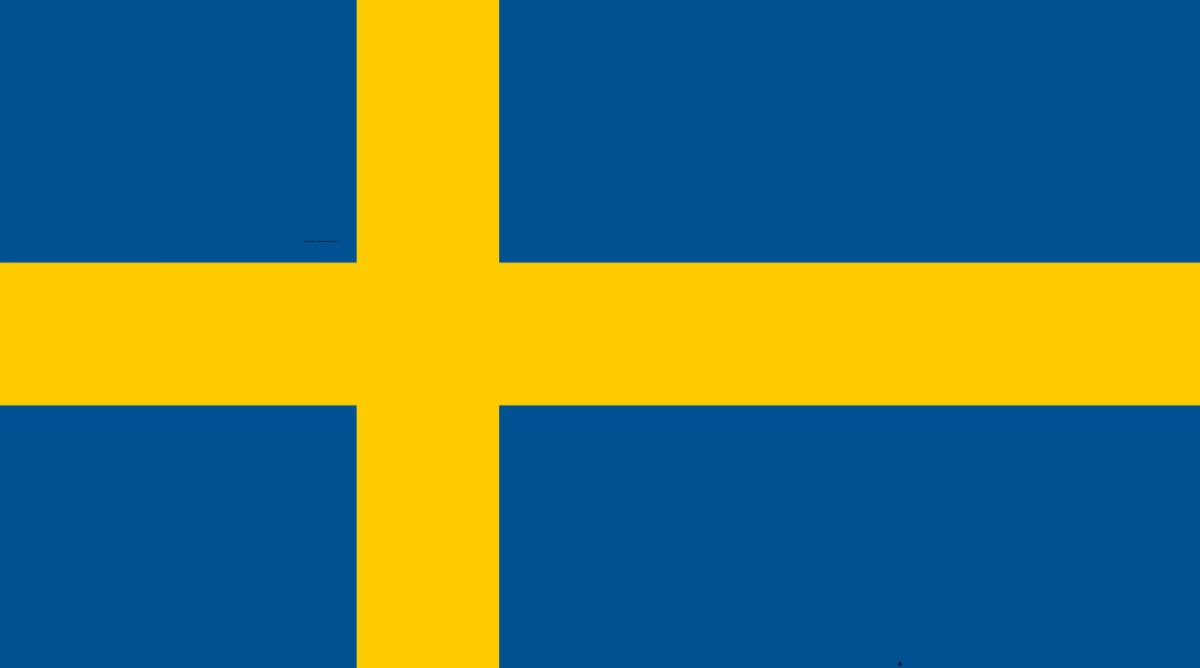
Sweden's constitution is formally written and is made up of four specific, equal laws known collectively as the Basic Laws. These laws are the Instrument of Government (which outlines the structure of the government and citizens' rights), the Act of Succession (which determines the royal line), the Freedom of the Press Act, and the Fundamental Law on Freedom of Expression. This system is designed for stability because changing any of these fundamental laws is intentionally difficult: an amendment must be approved by Parliament twice, with a general election held in between. This mandatory pause ensures that the public has a chance to vote on the issue and provides a serious check against hasty or impulsive constitutional changes.
6. Israel
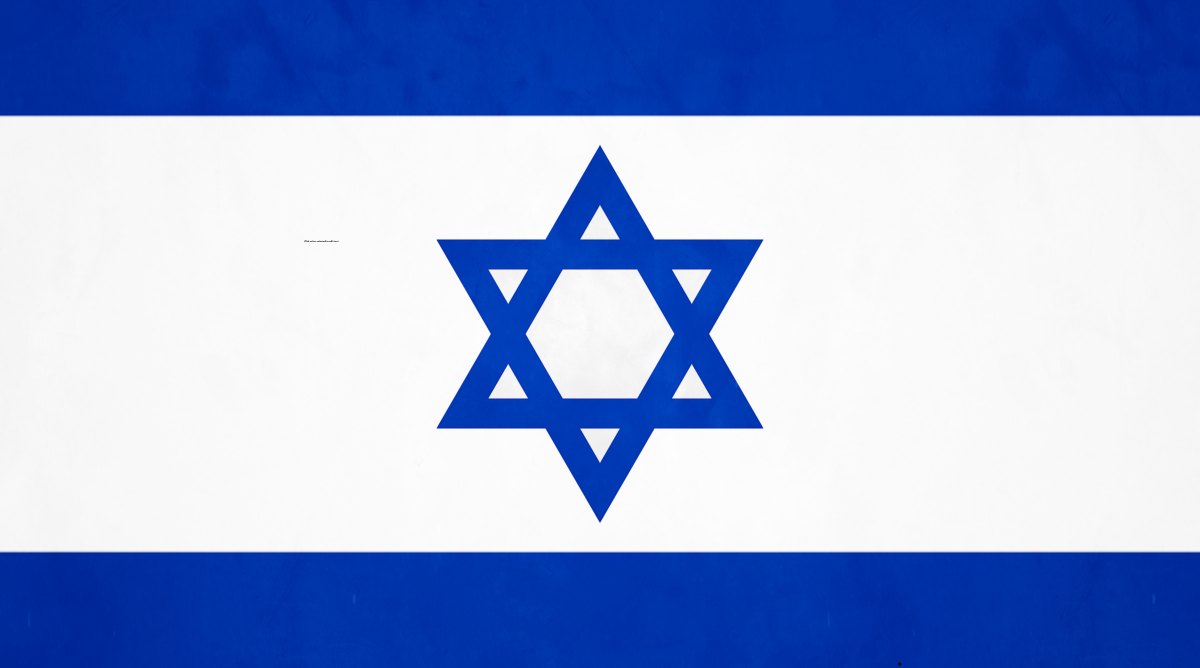
Israel is unique because it never adopted a single, formal written constitution due to deep disagreements among its early leaders over the balance between making Israel a Jewish state and a democratic state. Instead of a full constitution, the country is governed by a series of individual laws called the Basic Laws of Israel. These laws were originally meant to be separate chapters of a future complete constitution, but since 1950, they have functioned as the country's effective, working constitution, covering everything from the structure of the government (like the Knesset and the Judiciary) to the protection of civil rights (such as the Basic Law: Human Dignity and Liberty). Because these laws were passed over time and do not have a single, unified constitutional status, they remain a source of ongoing political and social debate regarding the ultimate balance of power in the country.
Check out:Top 10 States in India With the Most Number of Special Economic Zones (2025)
Conclusion
While having a single written constitution might sound more organized, these six countries show that governance doesn’t always need to fit a single mold. Their systems, built on centuries of evolution, legal documents, and traditions, prove that flexibility can sometimes be as strong as structure. Whether written or unwritten, what truly matters is how effectively a nation upholds democracy, justice, and the rule of law.
Comments
All Comments (0)
Join the conversation